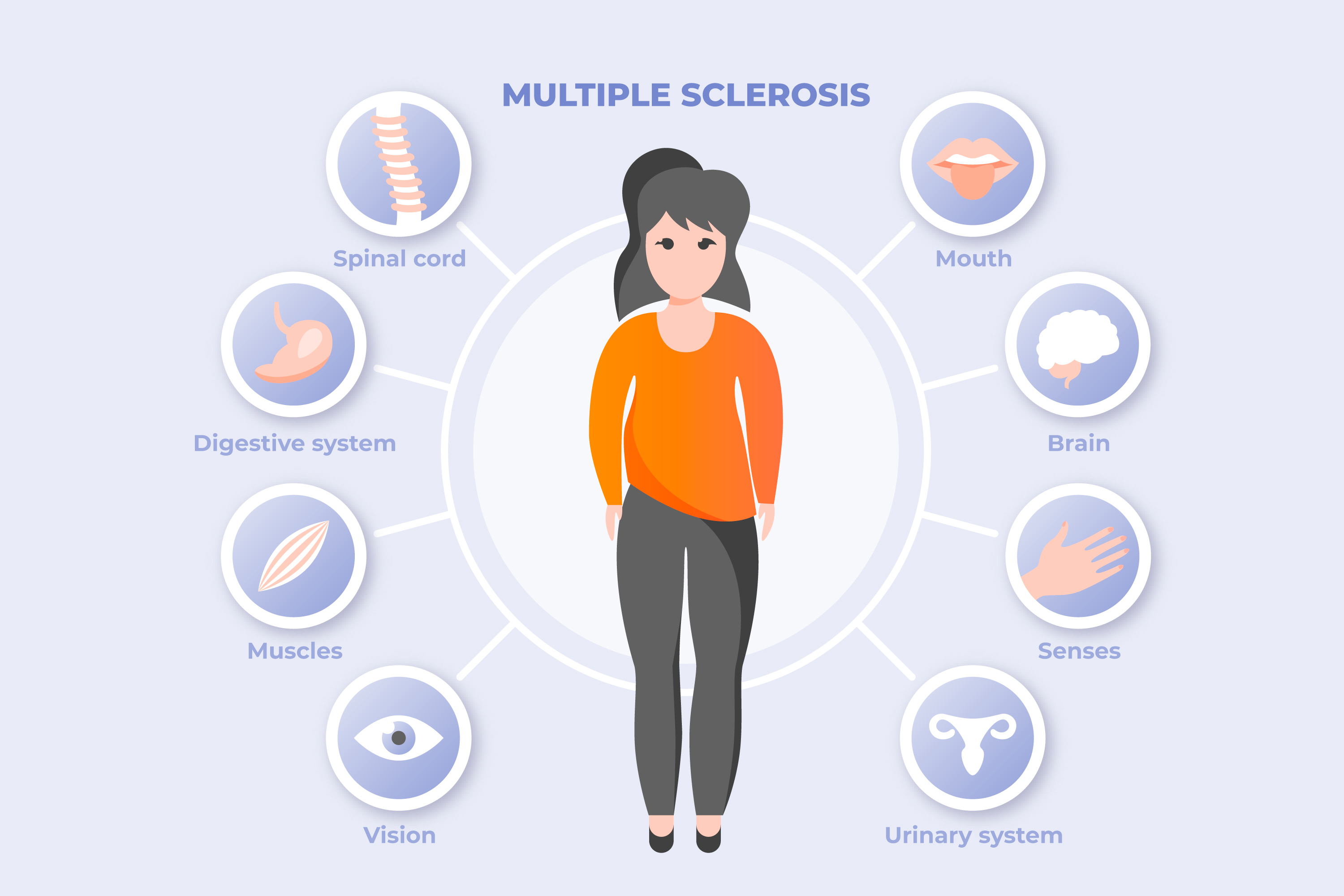
The Role of Hormones in Osteoporosis Myths and Facts: Dispelling Common Misconceptions
Osteoporosis, often referred to as the “silent thief of bones,” is a condition that weakens bones, making them fragile and more prone to fractures. With such a significant impact on bone health, it’s no wonder that there are many myths and misconceptions surrounding osteoporosis. In this blog, we’ll explore the role of hormones in debunking common myths and shedding light on the facts.
Firstly, let’s understand the basics. Hormones are chemical messengers in our bodies that regulate various functions, including bone health. Estrogen, testosterone, and thyroid hormones are among the key players in maintaining strong and healthy bones.
Now, let’s tackle some common myths about osteoporosis:
Myth 1: Osteoporosis only affects older women. Fact: While osteoporosis is more common in older women, men can also develop the condition, especially as they age. Hormonal changes, such as decreased estrogen and testosterone levels, contribute to bone loss in both men and women.
Myth 2: Osteoporosis is an inevitable part of aging. Fact: While bone density naturally decreases with age, osteoporosis is not an inevitable consequence of aging. Lifestyle factors, genetics, and hormonal imbalances also play significant roles in bone health.
Myth 3: Osteoporosis only affects bones. Fact: Osteoporosis not only weakens bones but can also impact overall health and quality of life. Fractures resulting from osteoporosis can lead to chronic pain, disability, and even loss of independence.
Now, let’s delve into the role of hormones in dispelling these myths:
Estrogen, commonly associated with women’s health, plays a crucial role in maintaining bone density. However, hormonal changes during menopause can lead to a rapid decline in estrogen levels, increasing the risk of osteoporosis in women.
Similarly, testosterone, primarily found in men but also present in women, contributes to bone health by stimulating bone formation. Low testosterone levels, often associated with aging, can accelerate bone loss and increase the risk of fractures in both men and women.
Thyroid hormones, such as thyroxine, also influence bone turnover rates. Imbalances in thyroid hormones can disrupt the delicate balance between bone formation and resorption, contributing to bone loss and osteoporosis.
In conclusion, hormones play a significant role in dispelling common myths about osteoporosis. Understanding how hormonal imbalances can affect bone health is crucial for debunking misconceptions and promoting bone health. By adopting healthy lifestyle habits, staying proactive about bone health, and seeking timely medical advice, we can work towards preventing osteoporosis and maintaining strong and healthy bones for life.
To seek medical advice, always consult a Doctor. Here are our recommended experts. Click Here
To read more on Osteoporosis. Click Here


